Lifetime Achievement Award
Established in 1997, the Global Chinese Society on Computers in Education (GCSCE) has been one of the most influential communities in the global Chinese Society with the strong commitment to provide the platform to enhance the application of computers, information and communication technology in education. “GCSCE Lifetime Achievement Award” is designed to formally recognize and acknowledge the hard work and dedication that the winner has put into their researches to make a positive contribution in this field especially to the global Chinese community.
GCSCE Lifetime Achievement Award Winners
| Year | Awardee |
|---|---|
| 2015 | Prof. Kekang He (何克抗 教授) |
| 2015 | Prof. Kedong Li (李克東 教授) |
| 2013 | Prof. Jianxiang Lin (林建祥 教授) |
2015 GCSCE Lifetime Achievement Award Winner – Prof. Kekang He (何克抗 教授)
Prof. Kekang He

Distinguished Guests, Scholars, and Students, It is with great pleasure and honor that I have the opportunity today to present the Lifetime Achievement Award of the Global Chinese Society for Computers in Education (GCSCE) to Professor He Kekang and Professor Li Kedong. In mainland China, some scholars refer to them as “He of the North and Li of the South”, highlighting these two pioneers of digital learning. Indeed, their contributions mark an important chapter in the early history of digital learning in mainland China.
However, I encountered a dilemma—both of them have made such significant contributions, so should I present the award to Professor He first, or to Professor Li? I thought about ordering by the number of strokes in their names, but both “He” (何) and “Li” (李) have seven strokes, and both share the middle character “Kang” (克). Fortunately, I finally noticed that “Kang” (抗) has seven strokes, while “Dong” (東) has eight strokes. Another consideration is age—upon confirming their birth years, I found that Professor He was born a year earlier than Professor Li.
Now, let me introduce Professor He Kekang. Professor He Kekang was the first doctoral supervisor in educational technology in mainland China and formerly served as the Vice President of the Global Chinese Society for Computers in Education. I should mention that in the name “Global Chinese Conference on Computers in Education (GCCCE)”, the phrase “Conference on Computers in Education” was proposed by Professor He, while the word “Global” was my suggestion.
In the field of digital learning, Professor He is the Chinese scholar I admire the most. His dedication to research reminds me of the great scientist Newton and the legendary inventor Edison—studying and researching every day, never feeling fatigued. For him, academic research is not only a passion but also a lifelong companion, besides his wife. He is a scholar of humility, simplicity, and relentless pursuit of knowledge.
Academically, Professor He thoroughly studies Western educational theories while maintaining a critical perspective. Over the years, his research has led to innovative contributions to educational theory, which, due to being published primarily in Chinese, are not widely known in the international academic community. I hope his many students will continue to carry forward his contributions, ensuring that his important contributions gain greater international recognition.
Moreover, Professor He excels at transforming theory into practice, and his innovative “Leap Learning” research has had a profound impact on the future of education in mainland China. One of the most remarkable aspects of his work is his commitment to field research—he personally observes teachers in the classroom, interacts with them after class, and engages in in-depth discussions. I have never seen another scholar in digital learning with such dedication and perseverance. In recent years, he has further focused on improving education in impoverished rural areas.
In every aspect—theory, practice, and academic integrity—Professor He is a true role model for Chinese scholars. On behalf of the Global Chinese Society for Computers in Education, it is my great honor to present the Lifetime Achievement Award to Professor He Kekang.
(Original Chinese content written by Prof. Tak-Wai Chan, Chairman of GCSCE.)
Prof. Kekang He Award speech
I sincerely thank the “Global Chinese Society for Computers in Education” for bestowing such a great honor upon me—I truly feel unworthy of it. Just now, Professor Tak-Wai Chan, the president of the society, mentioned my years of exploration in the field of “leapfrog development in basic education” (particularly my contributions to enabling primary and secondary schools in remote and impoverished rural areas to achieve significant improvements in education quality). In reality, this is not merely my personal research but rather a major project undertaken by my research team at Beijing Normal University. Since 2000, this project has involved over 30 doctoral students, nearly a hundred master’s students, as well as numerous professors and associate professors. The reason we have remained committed to this topic is that it addresses a fundamental issue: how to leverage innovative theories and methods in “educational informatization” (referred to as information technology in Taiwan) to promote and achieve “educational equity.” Globally, whether it is UNESCO, Western developed countries led by the United States, or developing nations, all place great emphasis on the issue of “educational equity” and have invested substantial human and material resources into it.
To date, the only internationally recognized approach to achieving “educational equity” is through “equal educational opportunities.” This means that governments allocate significant funding and implement policies to ensure an equitable distribution of educational resources—such as school facilities, laboratories, various hardware and software, and especially teaching faculty—so that there are no regional disparities, particularly between urban and rural areas. This approach is undoubtedly necessary and critically important, but it only addresses “equity at the starting point of education.”
As we all know, “educational equity” consists of three dimensions: equity at the starting point, equity in the process, and equity in the outcomes. Among these, society and parents are most concerned about—and what is ultimately most important—is “equity in educational outcomes.” As long as children in impoverished regions receive a quality education and have the opportunity to attend prestigious universities, people will be less troubled by initial disparities. However, according to traditional theories of educational equity, an unequal starting point inevitably leads to unequal outcomes—this is considered an iron law. The inequality in starting points is historically ingrained and difficult to change in the short term, despite significant efforts from governments.
So, can this iron law be broken? In other words, can we achieve relatively equitable educational outcomes even when the starting conditions remain unequal or even highly unequal? Over the past decade, our “Leapfrog Teaching” research team at Beijing Normal University has been dedicated to answering this question. By applying a set of highly efficient information technology-based theories, models, and methods in rural primary and secondary school classrooms (including those in remote and impoverished mountainous regions), we have aimed to significantly enhance the quality of subject teaching and students’ overall competencies, thereby achieving tangible “equity in educational outcomes.”
We have conducted multiple comparative studies between urban and rural schools, demonstrating that this approach is indeed effective. For example, we compared experimental schools in the mountainous Yanqing district on the outskirts of Beijing with prestigious schools in the central districts of Dongcheng and Xicheng. Similarly, we studied schools in Shawan, Panyu district, on the outskirts of Guangzhou against renowned schools in Yuexiu and Liwan districts, as well as rural schools in Haiyuan, Ningxia, and Dangchang, Gansu, against top county-level schools. The results consistently showed that the rural schools implementing our approach could catch up with and even surpass their urban counterparts. This is an unprecedented achievement on the global stage, proving that “information technology,” when guided by innovative theories and methods, can significantly contribute to “educational equity”—especially in ensuring “equity in educational outcomes.”
I sincerely hope that our research findings can benefit more children in impoverished regions. Thank you!
2015 GCSCE Lifetime Achievement Award Winner – Prof. Kedong Li (李克東 教授)
Prof. Kedong Li (李克東 教授)

I am honored to represent the Global Chinese Society for Computers in Education (GCSCE) in presenting the Lifetime Achievement Award to Prof. Kedong Li, and introducing him. In terms of research, Professor Li’s primary areas of study include the scientific theories of educational technology, computer-assisted education, artificial intelligence expert systems, and multimedia computing technology. Additionally, he has continuously promoted research in computer-supported collaborative learning (CSCL). Furthermore, he has been deeply engaged in frontline primary and secondary education, having a broad and lasting impact on schools across various regions. As a dedicated lifelong researcher, Professor Li has an acute understanding of emerging directions and developments, playing a crucial role in advancing and promoting digital learning in mainland China.
I would like to take this opportunity to introduce Professor Li Kedong’s significant contributions to the Global Chinese Society for Computers in Education. The founding of the Global Chinese Conference on Computers in Education (GCCCE) and the society was spearheaded by four professors: Professor Jianxiang Lin from Peking University, Professor Kekang He from Beijing Normal University, Professor Kedong Li from South China Normal University, and myself from National Central University. Among them, Professor Li Kedong contributed the most to the establishment and promotion of the conference and the society.
The first GCCCE conference was meticulously organized by Professor Li, who overcame all difficulties and removed all obstacles to successfully host it at South China Normal University in May 1997. It is important to remember that in 1996, the Taiwan Strait Missile Crisis created high tensions between the two sides of the strait, and just two months after the conference, in July 1997, Hong Kong officially returned to mainland China. Guangzhou, being geographically close to Hong Kong, was in a particularly complex and sensitive political atmosphere at the time. Despite these challenging circumstances, the first GCCCE was successfully held, fostering enthusiastic academic exchanges among scholars and becoming one of the most memorable conferences in GCCCE history.
Ten years later, in 2007, under Professor Li’s leadership, GCCCE returned to South China Normal University for another successful conference. In 2011, one day, I called Professor Li and said, “To keep up with the rapid development of digital learning and to establish GCCCE and the society as a platform for global Chinese scholars, we need to elevate the quality of research. GCCCE, as the longest-standing academic conference with the most prestigious Chinese scholars at its core, should position itself as the highest-standard academic conference among global Chinese scholars.” (Let me say this again: GCCCE should be positioned as the highest-standard academic conference for global Chinese scholars.)
Over the phone, I asked Professor Li if South China Normal University could host a small multi-day meeting to bring together core members of GCCCE and the society for strategic planning and necessary transformations. Upon hearing my request, Professor Li immediately agreed without hesitation, which left a deep impression on me. As a result, we held a multi-day meeting in Conghua, Guangzhou, where scholars from mainland China, Taiwan, Hong Kong, and Singapore participated.
Since 2011, thanks to the efforts of Chinese scholars across generations, after continuous exploration and adjustments, GCCCE has now become a prestigious academic conference that we all trust. Recently, we have even launched an academic journal published by Springer, titled Journal of Computers in Education (JCE). From the first GCCCE to the society’s rapid progress and growth in recent years, we have all witnessed the results. We must give special thanks to Professor Kedong Li, who has stood up at critical moments to support the development of the society in various ways and provide invaluable advice.
Moreover, Professor Li has consistently offered constructive suggestions to the society over the years. Personally, through many years of interaction with Professor Li, I have learned a great deal from his wisdom and approach to life and work, for which I am sincerely grateful! At this moment, I am honored to present the “Lifetime Achievement Award” to Professor Li Kedong on behalf of the Global Chinese Society for Computers in Education.
(Original Chinese content written by Prof. Tak-Wai Chan, Chairman of GCSCE.)
2013 GCSCE Lifetime Achievement Award Winner – Prof. Jianxiang Lin (林建祥 教授)
Prof. Jianxiang Lin (林建祥 教授)
Lin Prof. Jianxiang Lin retired from Graduate School of Education, Peking University.
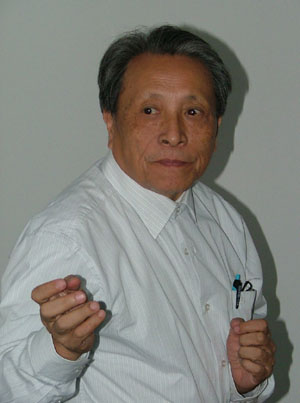
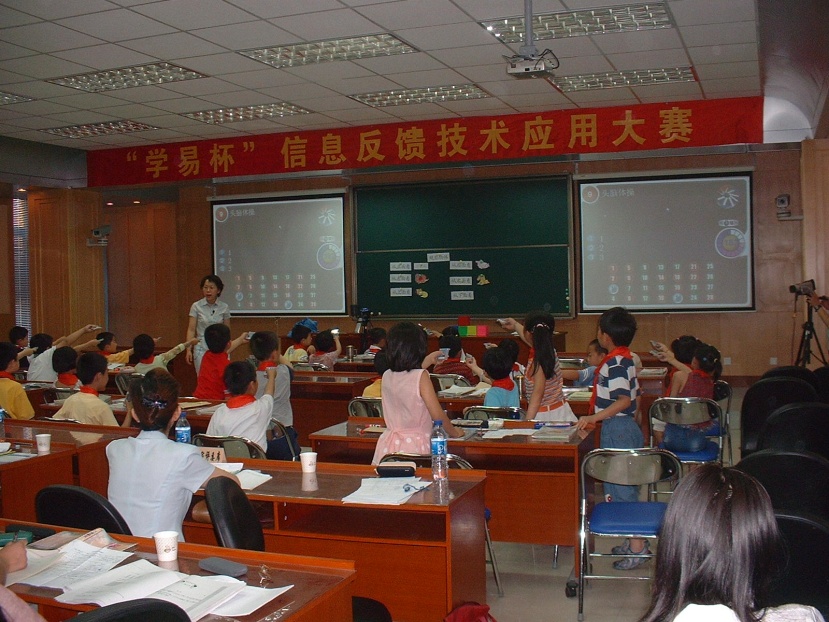
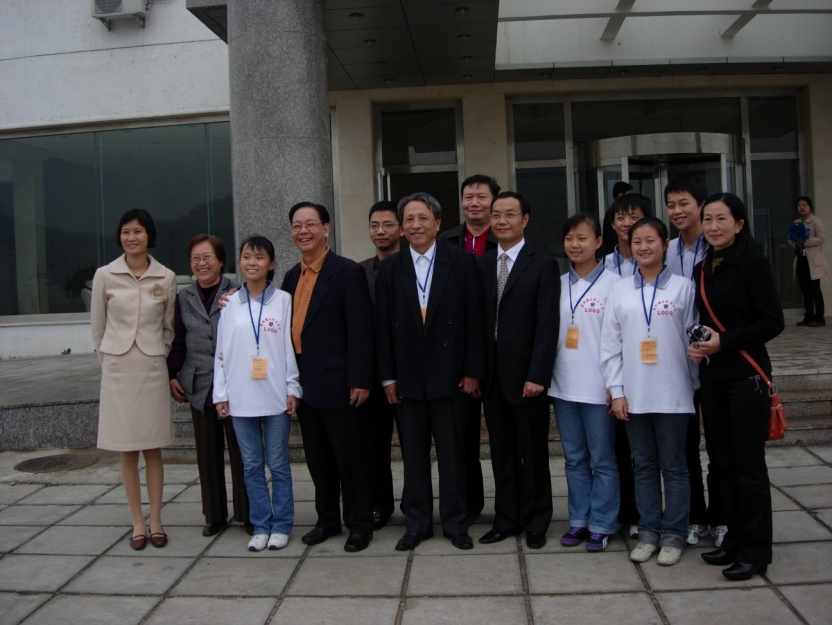
From October 1947 to June 1951, studied and graduated from the Department of Mathematics at Tsinghua University. In 1952, transferring to the Department of Mathematics at Peking University, where he served as the department secretary and later as the associate chair. After 1978, he resumed his position as the associate chair and associate professor of the Department of Mathematics at Peking University.
From 1984 to 1985, he went to the School of Computer Science at Carnegie Mellon University in the United States as a visiting scholar, studying artificial intelligence under Nobel Prize laureate Professor Herbert A. Simon. At that time, the university was an important center for educational technology in the U.S., and he was inspired to explore the potential applications of computer technology in education and teaching. Upon returning to China, he dedicated himself to the research and promotion of educational technology, becoming one of the earliest pioneers in the field on the mainland. From 1985 to 1990, he served as the director of the Institute of Computer Science and Technology at Peking University.
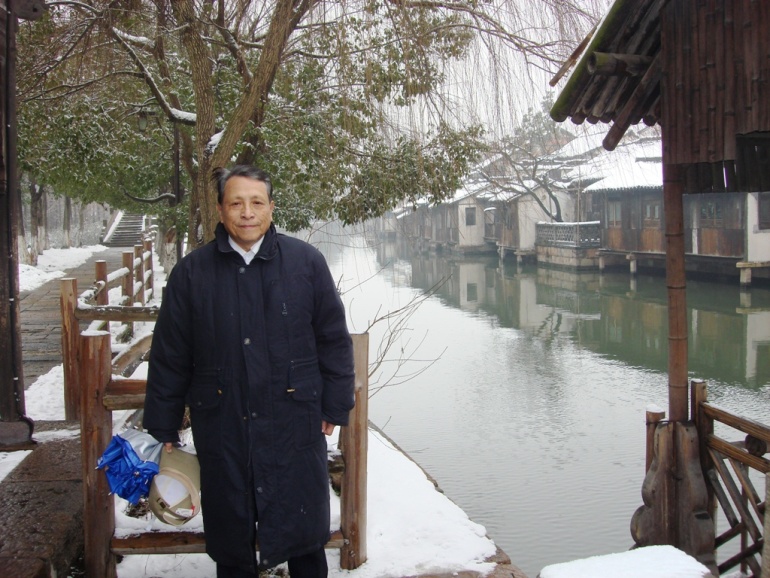
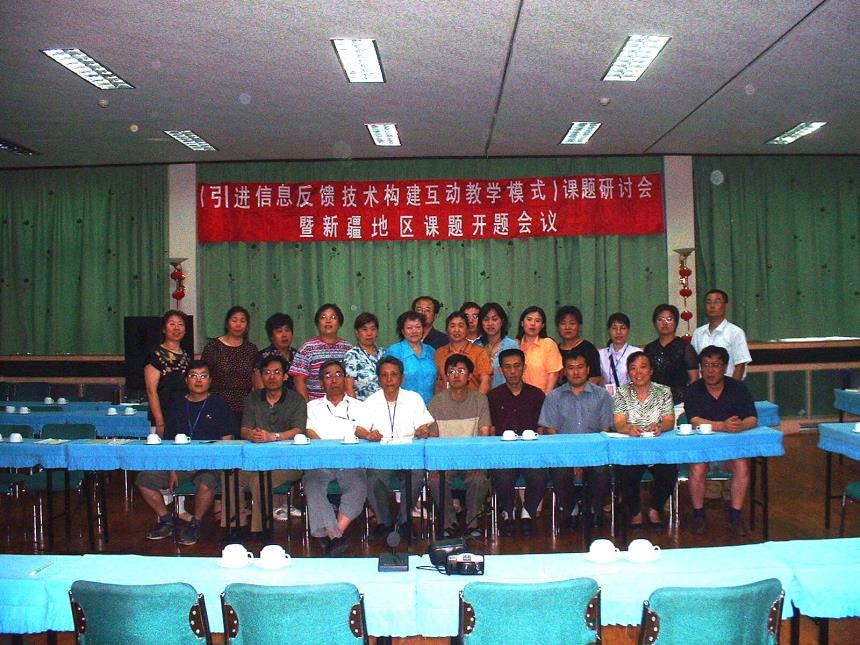
From 1990 to 1994, he served as the Director of the Computer-Assisted Instruction (CAI) Research Laboratory at the Educational Technology Center of Peking University and was a professor. He previously held positions such as Vice President of the “China CBE Society,” Board Member of the Asia-Pacific Division of the “Association for the Advancement of Computing in Education” (AACE), and Vice Chair (China) of the Program Committee for the International Conference on Computers in Education (ICCE98). He was also one of the founders and advisors of the “Global Chinese Computer Education Applications Association” (GCCCE). In 2007, he was honored with the Contribution Award from this association. Having reached the retirement age, he stepped down from the aforementioned leadership positions and is currently teaching in the Department of Educational Technology at the School of Education, Peking University, where he continues to engage in research on educational information technology. In 2012, he received the “Outstanding Contribution Award for China’s Educational Technology Development.”
More than a decade ago, he developed an intelligent higher mathematics (indefinite integral) practice system. In courses such as mathematics, he has unique insights into how to integrate information technology to enhance computational thinking training and leverage the potential of computers. His current focus is on developing and promoting affordable yet powerful handheld feedback and mobile computing devices, aiming to make learning tools accessible to every student, thus realizing the concept of one-to-one learning. He pays particular attention to improving effective educational technology in classrooms, seeing it as a powerful extension and enhancement of the Internet as a global educational infrastructure.
He has led the development of higher mathematics courseware for the National Education Commission, completing the development of exercise-based courseware, for which he received the Teaching Progress Awards from both the National Education Commission and the Beijing Municipality. He has also organized major events such as the Tsinghua CAI91 Conference, the 6th CBE Annual Conference, and the ICCE98 International Conference, contributing significantly to the advancement of educational information technology in China. He has published over 20 academic papers, including:《人工智慧的若干認識論問題》、《數學CAI理論與實踐的若干問題》、《數學教學系統工程實現的探討》、《積極構造微世界環境-高等數學CAI課件品質提高的關鍵》、《一類課程CAI教材建設新的開發模式的建議》、《教學設計的威力》、《資訊技術與教育革新》、《孔子的教育思想》、《全球性的網上教育 – ICCE98國際會議的介紹》。
(Original Chinese content written by Prof. Tak-Wai Chan, Chairman of GCSCE.)
2024

Prof. Gwo-Jen Hwang
National Taichung University of Education
Speech Title: 人工智慧在教育的應用議題與研究設計

Prof. Chen Wenli
Nanyang Technological University
Speech Title: 協同學習的多模態學習分析:希望與挑戰
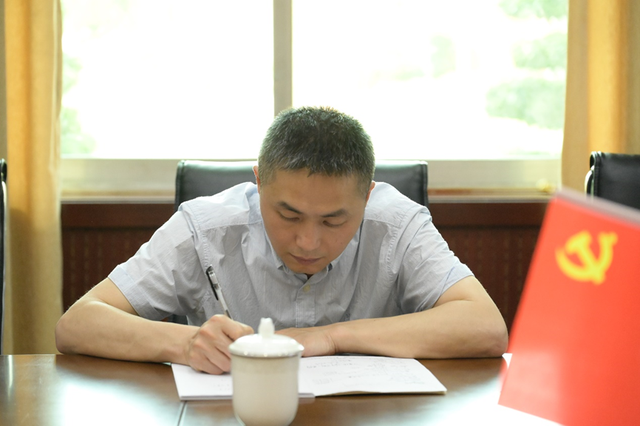
羅生全 教授
Southwest University
Speech Title: 教學大數據應用與教學變革

Jim Slotta
Ontario Institute for Studies in Education, University of Toronto
Speech Title: The role of emerging technologies in 21st century education: Supporting multidisciplinary inquiry communities
2023
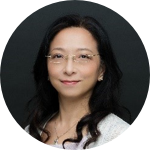
Prof. Ju-Ling Shih
National Central University
Speech Title: 性格、行為、策略:複合式學習遊戲的跨域性與動態性
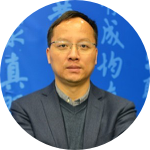
Prof. Wu Fei
Zhejiang University
Speech Title: AI+X to boost interdisciplinary research and foster talents
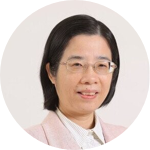
Maggie Minhong Wang
The University of HongKong
Speech Title: Integrating Human Knowledge and Machine Intelligence in Education

Curtis J.
Indiana University
Speech Title: Time to Wake Up from Our Innovative Learning Dreams and Make Smarter Learning a Reality
2022

Prof. Ya-Ting Carolyn Yang
National Cheng Kung University
Speech Title: 從華人看世界 – PBL 主題跨域課程培養學生終身學習素養之實證研究

Prof. Li Yan
Zhejiang University
Speech Title: 技术支持的高校课堂教学改革探索及效果研究

Lin Lin Professor
Development Editor-in-Chief
Speech Title: Incorporating Artificial Intelligence in K12 Schools

Daniel Spikol Associate Professor
Center for Digital Education and Department of Computer Science, University of Copenhagen, Denmark
Speech Title: Learning Analytics through the Lens of Designing for Children’s Rights
2021
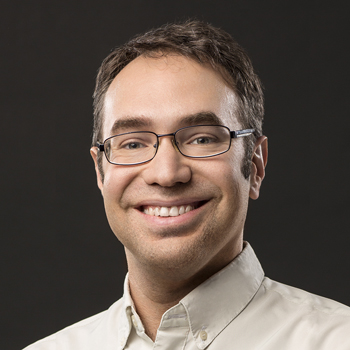
Dr. Ryan Baker
Associate Professor at the University of Pennsylvania, Director of the Penn Center for Learning Analytics, US
Speech Title: Investigations into Deep Knowledge Tracing: From Cold-Start to Real Life
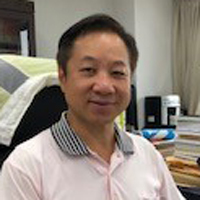
Professor Chang Kuo-En
Taiwan Normal University
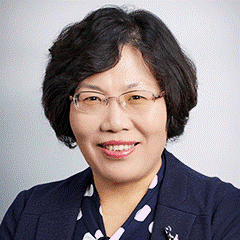
Professor Chen Li
Beijing Normal University

Professor Maiga Chang
Full Professor, Athabasca University, Canada
Speech Title: Awarding Skill Improvements based on Behaviour Pattern Extraction and Analysis
2020

Prof. Patricia Augustin Jaques Maillard
University of Vale do Rio dos Sinos, Brazil
Title:Responding to students’ emotions in intelligent learning environments: from extrinsic regulation to teaching learners to regulate their own emotions
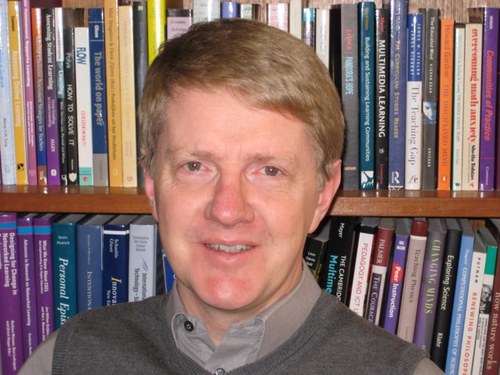
Professor Jan Van Aalst
The University of Hong Kong, Hong Kong SAR
Title:Collaborative Knowledge Building: Exploring the Potential for Student Agency, Collaboration, and Inquiry-based Learning in Chinese Schools
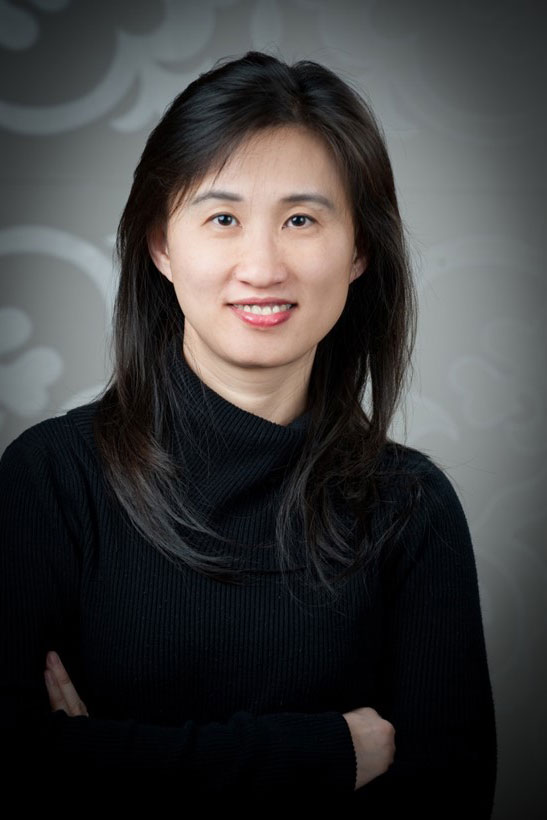
Prof. Yu Fu-Yun
National Cheng Kung University, Taiwan
Title:網路學生出題2.0 — 教與學的再精進
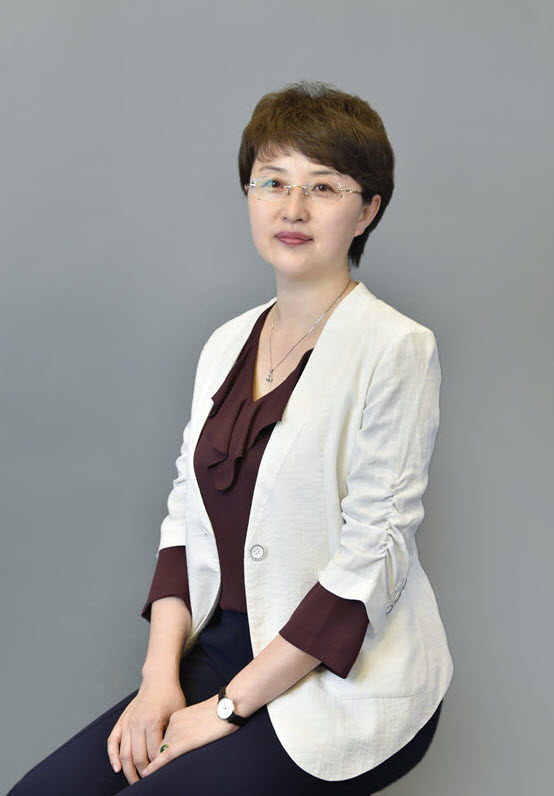
Prof. Guo Jiong
Northwest Normal University, Mainland China
Title:教師人工智能教育應用素養框架
2019
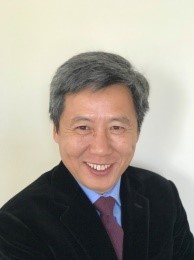
Prof. Yong Zhao
University of Kansas
Title: 智能機器時代的教育:我們為什麽需要範式轉換
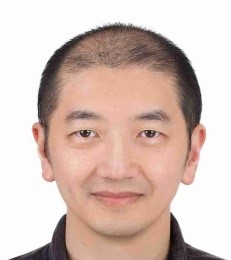
Prof. Ming Ming Chiu
Hong Kong University
Title: 課堂對話自動分析:應用人工智能和統計於大數據以培育人才
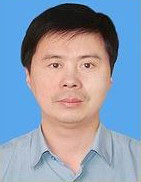
Prof. Liu Qingtang
Central China Normal University
Title: 學習分析:大數據時代的教學精準分析與服務
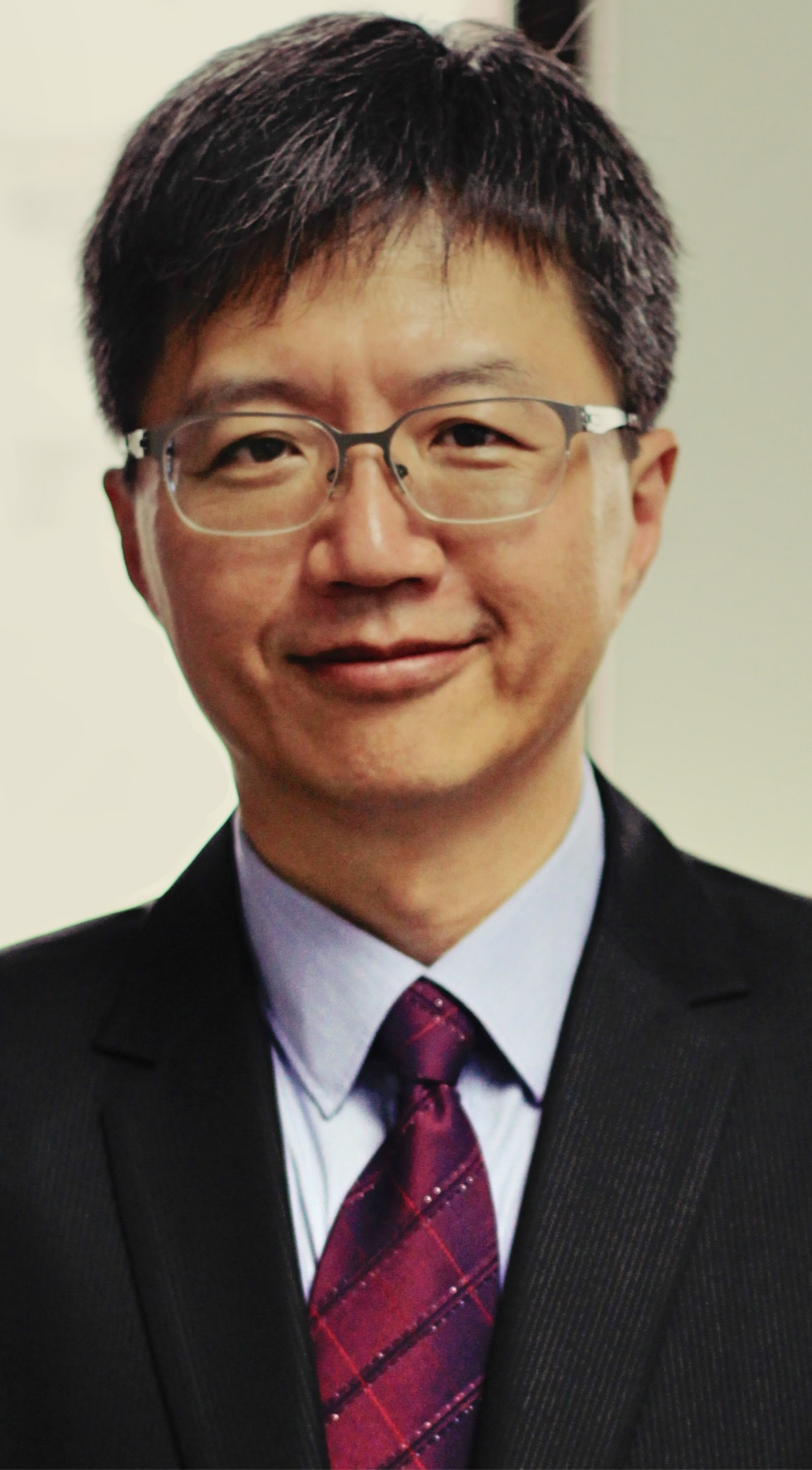
Dr. Tzu-Chien Liu
National Taiwan Normal University
Title: 從認知負荷理論看數位學習的關鍵問題與解決之道
2018
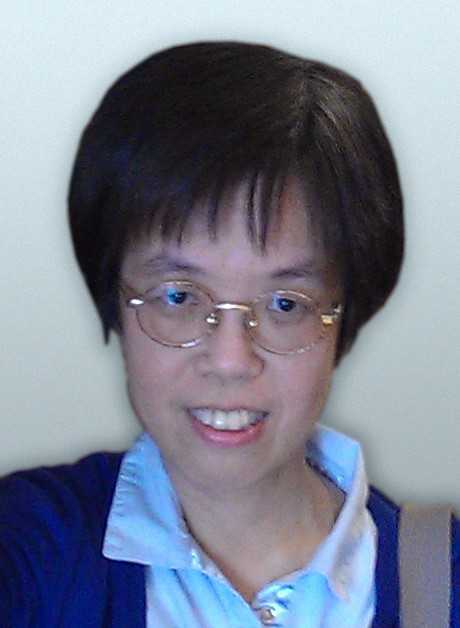
Dr. Sherry Y. Chen
National Central University, Taiwan
Title: Using Digital Learning Tools to Enhance Academic English Skills: An Individual Difference Perspective
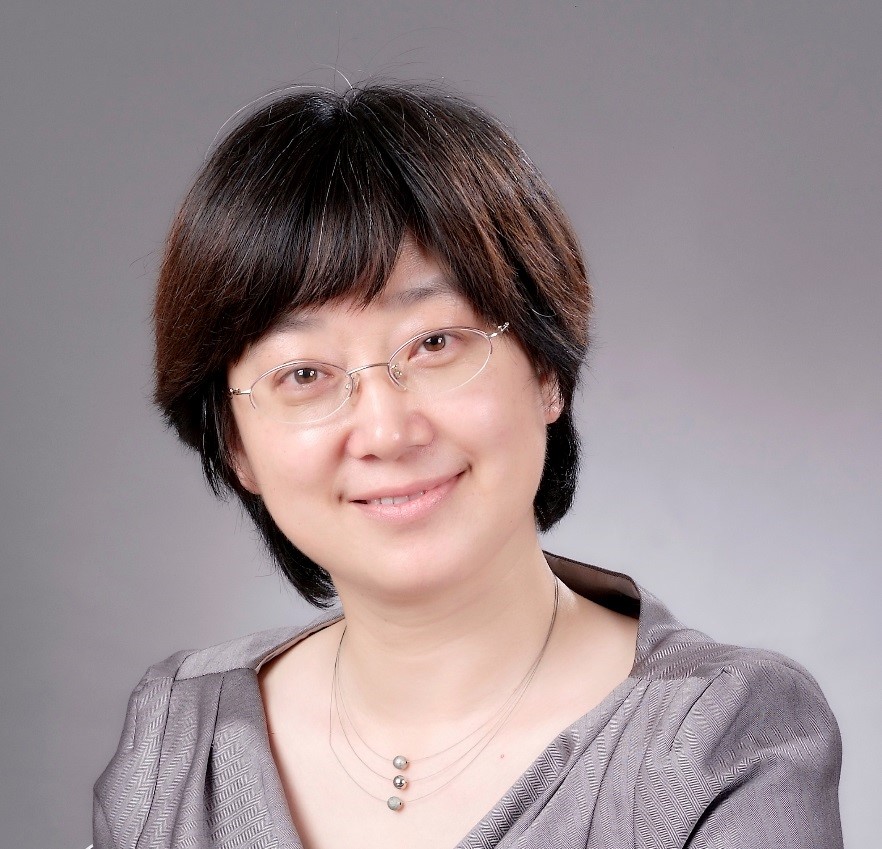
Prof. Qiong Wang
Peking University
Title: MOOC 用於教師培訓的可行性論證
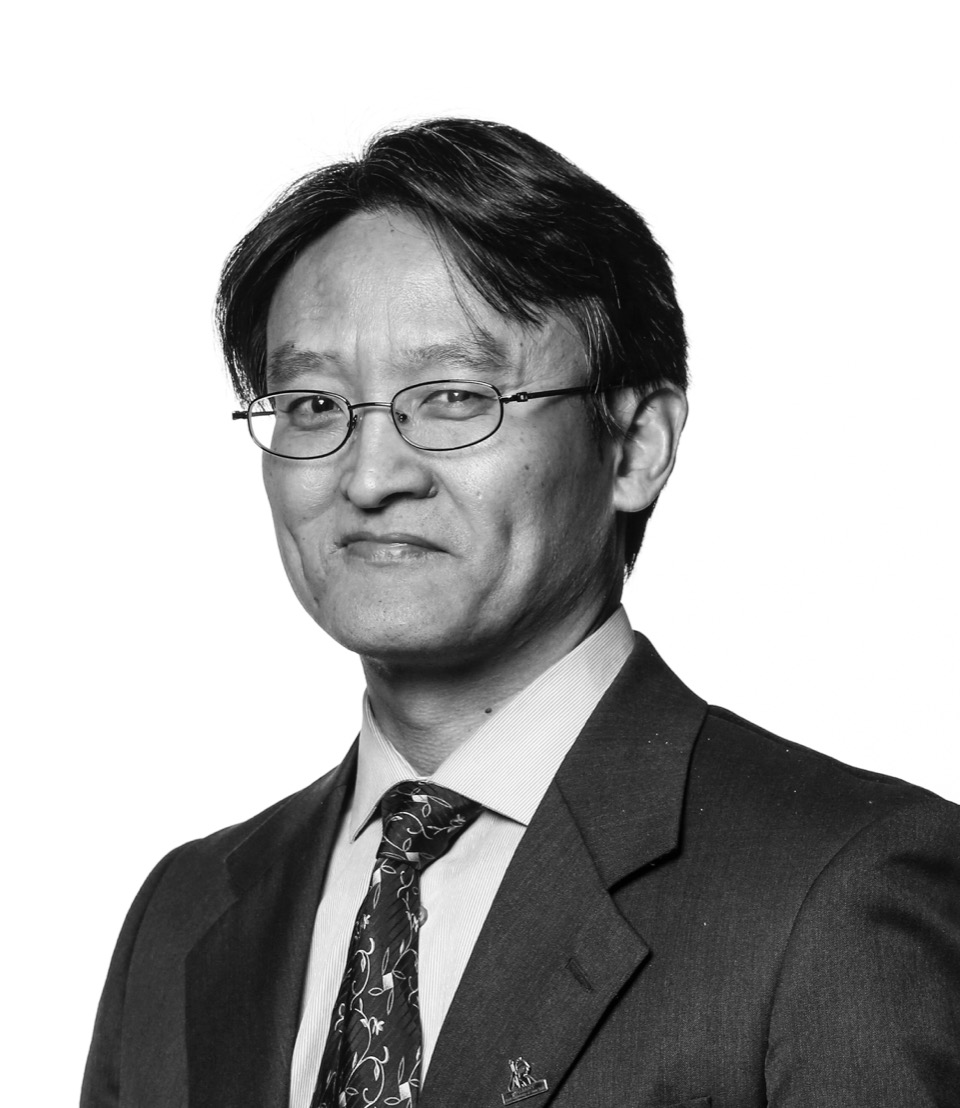
Dr. Jianwei Zhang
University of New York at Albany
Title: 學校如何成為支援創新的社會系統?

Dr. J. Michael
University of North Texas
Title: Emerging Educational Technologies in China and the USA: Contrasting and Complimentary Similarities
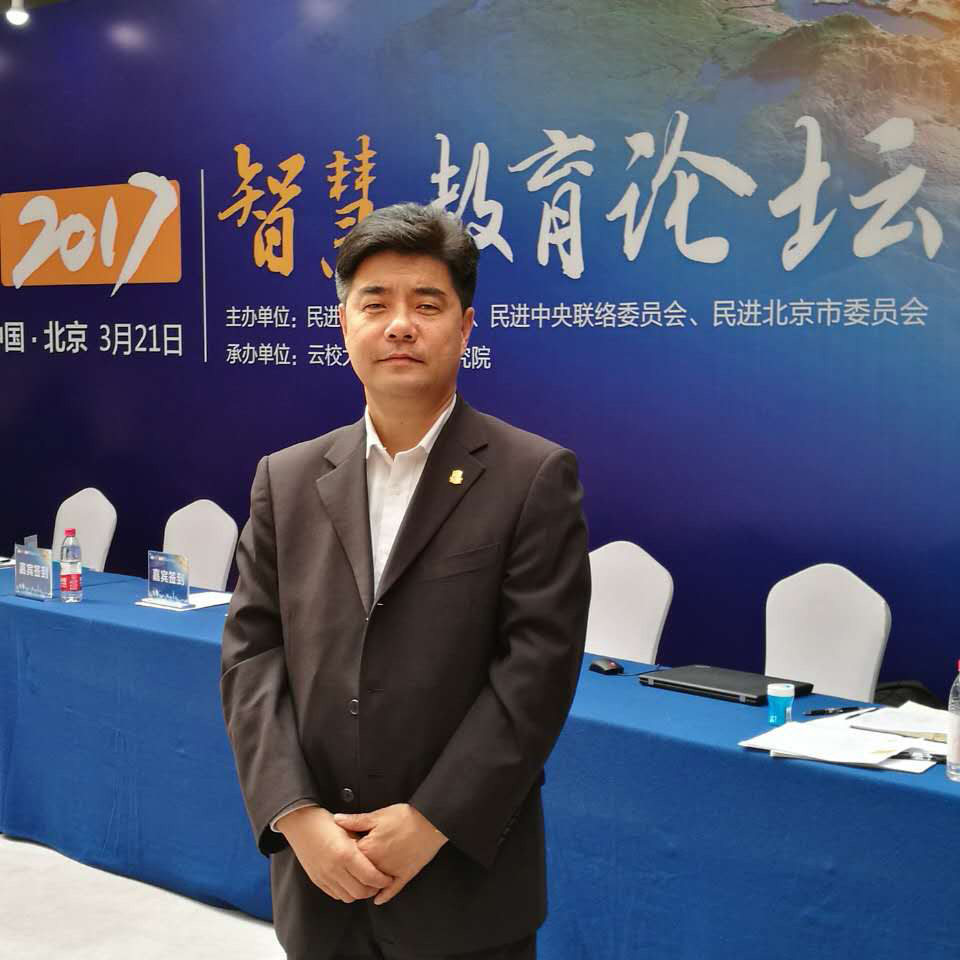
胡欽太教授
South China Normal University
Title: 工業革命4.0的創新挑戰與智慧教育新格局
2017
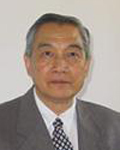
Prof. He Kekang
Beijing Normal University
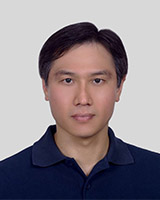
Dr. Nian-Shing Chen
National Sun Yat-sen University, Taiwan
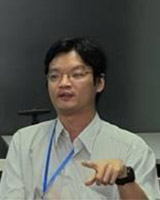
Dr. Huang Longxiang
Nanyang Technological University, Singapore
Title: 在‘造夢者’和‘接地氣’之間的教育技術研究──多元取向與互補交融
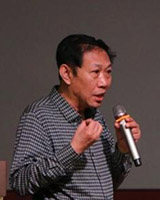
Prof. Guo Shaoqing
Northwest Normal University
Title: 網路研修社區中教師能力發展反覆運算模型研究

Dr. Zhu Qifeng
Beijing Competency Education Research Institute

Dr. Carolyn Penstein Rosé
Carnegie Mellon University
2016
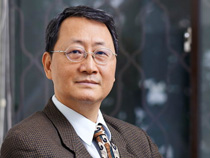
Prof. Chi-Cheng Chang
National Taiwan Normal University, Taiwan
Title: Misconceptions of statistics and data analysis in the research of e-learning and educational technology: Experiences from researcher
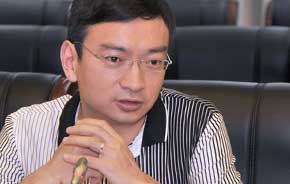
Prof. Wu Di
Central China Normal University
Title: Research, practice and reflection on the data-driven assessment of ICT in education
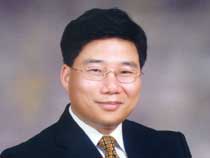
Dr. Kam-cheong Li
Open University of Hong Kong
Title: E-Learning and Open Learning: How Beneficial and Disruptive are the Technologies?
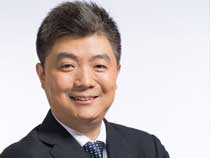
Dr. Yu Hu
IFLYTEK CO.,LTD.
Title: 語音及人工智慧技術引領教育產業變革
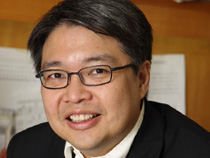
Mr. Erwin Huang
Hong Kong Information Technology Federation
Title: E-Learning in School Education: Partnership of Community and Commercial Vendors
2015
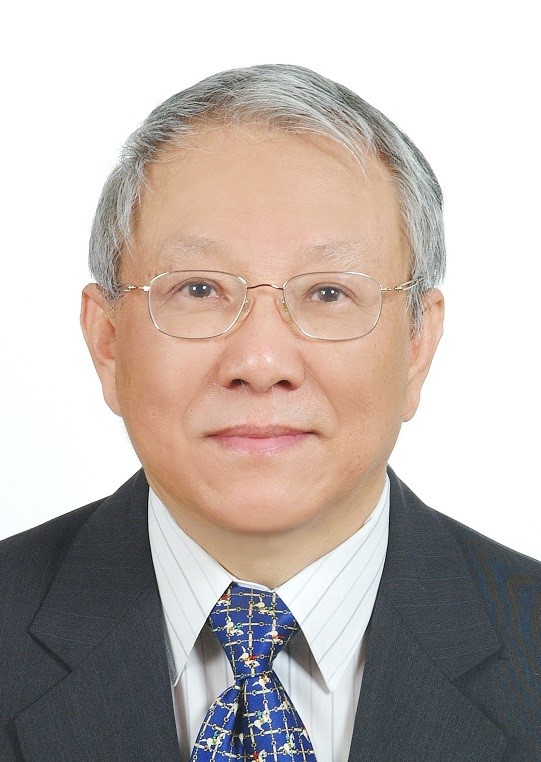
Ovid J.-L. Tzeng
Academic Sinica
Title: Smarter by browsing? Impact of education, entertainment, and intervention in a digital culture
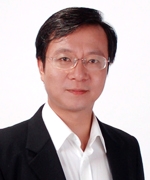
Youqun Ren
East China Normal University
Title: 從常態應用到深度融合——基於大陸四省中學生的調查看教育信息化建設
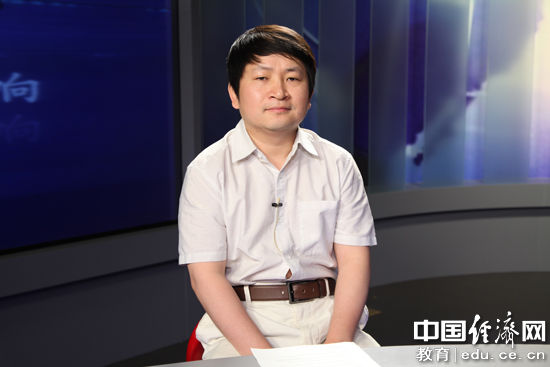
Shengquan Yu
Beijing Normal University
Title: 泛在學習環境的學習資源組織研究
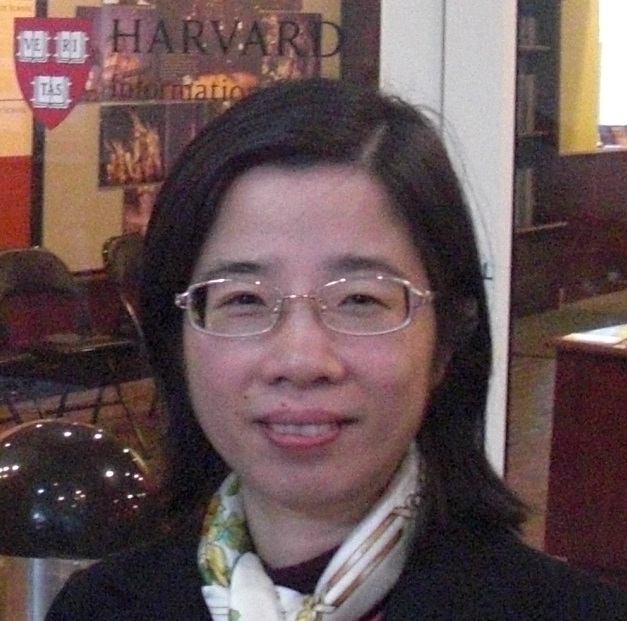
Maggie Minhong Wang
The University of Hong Kong
Title: Developing 21st century learning skills: What we are doing?
2014

Prof. Chin-Chung Tsai
National Taiwan University of Science and Technology
Title: 在科技輔助環境中學習的學生如何看待「學習」?:研究發現回顧

Prof. Charles Crook
Learning Sciences Research Institute, University of Nottingham
Title: Smart Teachers for Smart Technology

Prof. Jiangang Cheng
Tsinghua University, Beijing
Title: 學習分析理論、框架和模型的系統化研究
2013
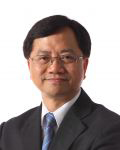
Prof. Wing On Lee
National Institute of Education Singapore
Title: 教育技術的教學應用與反思:新加坡國立教育學院的經驗
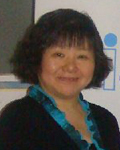
Prof. Lu Wang
Capital Normal University
Title: 教師在綫實踐社區COP的理論與實踐
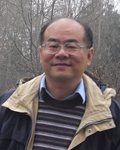
Prof. Gwo-Dong Chen
National Central University
Title: Design E-textbook by paper-advantage and e-opportunities
2012

Stephen J.H. Yang
National Central University
Title: 學習 — 無所不在

Prof. Kekang He
Beijing Normal University
Title: 運用資訊化教學創新理論大幅提升農村中小學教學品質促進義務教育優質均衡發展
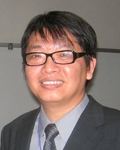
Prof. Wen Chung Wang
The Hong Kong Institute of Education
Title: 電腦化測驗的心理計量議題
2011
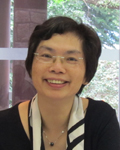
Prof. Nacy Law
The University of Hong Kong
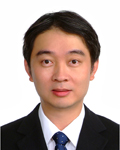
Prof. Zongkai
National Taiwan University of Science and Technology

Prof. Zhiting Zhu
East China Normal University

Prof. Zongkai Yang
Central China Normal University
2010
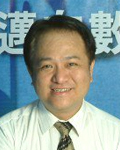
Mr. Jerry Han
School Inspector, Department of Education, Taipei City Government President of CACET
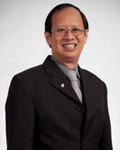
Prof. Chee-Kuen Chin
Nanyang Technological University

Prof. Zhiting Zhu
East China Normal University
2009

Prof. Gwo-Dong Chen
National Central University
2008

Prof. Kekang He
Beijing Normal University
2017 The 21th Global Chinese Conference on Computers in Education(6/2-6/6)

Group photo
2013 The 17th Global Chinese Conference on Computers in Education(5/27-5/31)

Lifetime Achievement Award to Prof. Jianxiang Lin

During the conference

Dr. Junjie Shang, Chair of 2013 Organizing Committee, turned over the official seal of GCCCE to Dr. Ben Chang, Chair of 2013 Organizing Committee
2012 The 16th Global Chinese Conference on Computers in Education (5/28-6/1)

Opening Ceremony

Paper Award Winners

Paper Award Winners

Dr. Ju-Ling Shih, Chair of 2012 Organizing Committee, turned over the official seal of GCCCE to Dr. Junjie Shang, Chair of 2013 Organizing Committee

Closing Ceremony
2012 The Journal Meeting of GCSCE (11/27)

Group photo after meeting
2011 The 15th Global Chinese Conference on Computers in Education (5/29-5/31)

2010 The 14th Global Chinese Conference on Computers in Education (6/1-6/4)

2009 The 13th Global Chinese Conference on Computers in Education (5/25-5/28)

2008 The 12th Global Chinese Conference on Computers in Education (5/4-5/8)

2007 The 11th Global Chinese Conference on Computers in Education (5/27-5/30)

2006 The 10th Global Chinese Conference on Computers in Education (6/2-6/5)

2005 The 9th Global Chinese Conference on Computers in Education (6/6-6/9)

Donation
We shall always appreciate the sponsorship to GCSCE. Your generous support toward the society would always make a difference.Herewith the list of sponsors:
| Year | Name | Donation |
|---|---|---|
| 2012 |

|
NT $100,000 |
